Team Antoni Explains
Leadership is really important for success in any part of life, whether it’s at work or in your personal life. A good leader has different qualities like being able to encourage, guide, and inspire people. But before all that, they need to earn people’s trust by being honest and transparent.
The best leadership qualities include being able to share your vision clearly and listening well to others for good feedback. Also, leaders need to be tough and able to adapt to different situations, whether they’re leading a big team or just a small group.
What Is Leadership?
Leadership means being able to motivate, guide, and influence others towards a common goal or idea. It involves showing a clear path, inspiring people or teams, making decisions, and promoting cooperation and teamwork. A good leader not only communicates well but also shows honesty, understanding, and strength in tough times.
Leadership shows up in many places like businesses, politics, schools, and groups in the community, and it can look different depending on where and who is involved. Ultimately, effective leadership brings about good changes, growth, and success in a team or organization.
21 Best Leadership Qualities That Make You A Good Leader
1· Strategic Planning
Leadership’s main goal is to have everyone on the same page to achieve similar goals. Effective leadership includes making informed decisions, anticipating future trends, and analyzing data – this will allow anyone to steer the organization on the road to success.
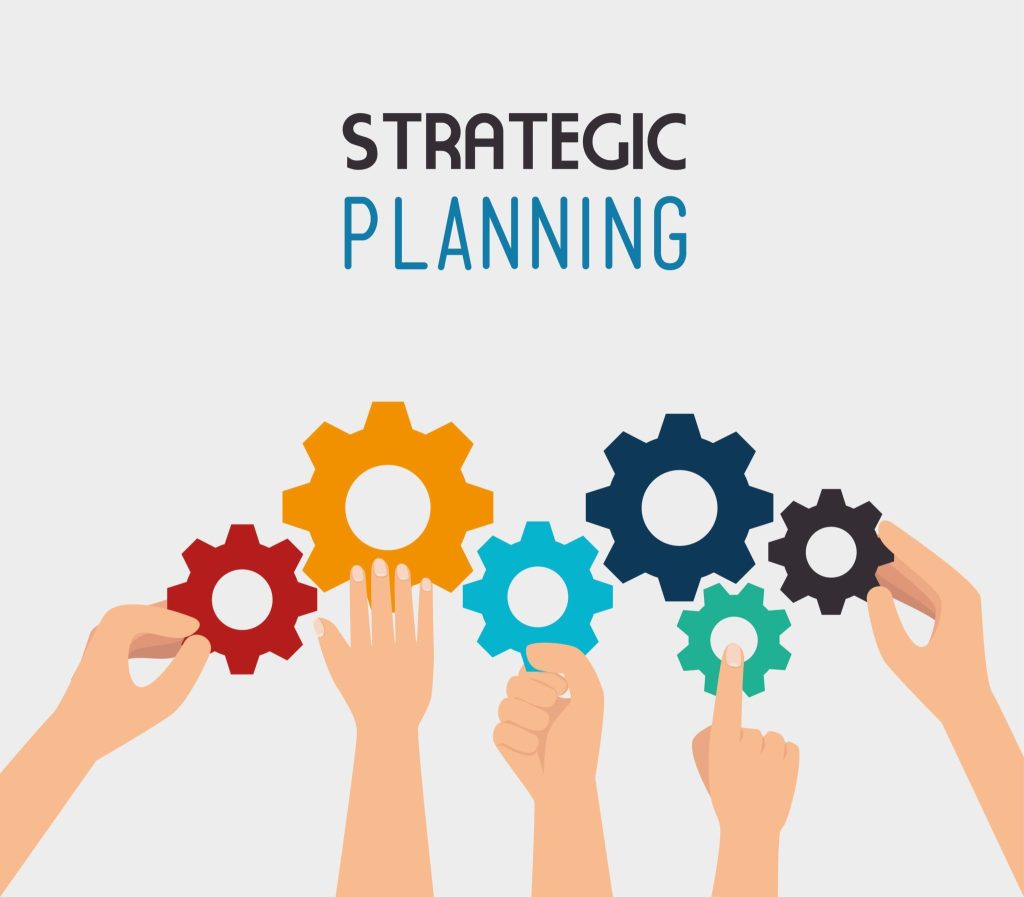
2· Visionary School of Thought
Leaders with great vision have the ability to gain early success for their organization. Leadership abilities include compelling visions to inspire teams in order to strive for success and look beyond the risks and challenges.

3· Trustworthiness and Integrity
Trust is the cornerstone of effectual leadership. Leaders who practice honesty and integrity hold the power to gain their team’s respect and trust. This also allows leaders to promote a productive and positive working environment.

4· Emotional Intelligence and Empathy
Understanding the perspective and emotions of the team is the key to building cohesiveness within the organization. Leaders who have the emotional intelligence of a higher level can provide support, resolve conflicts, and relate to others when needed.
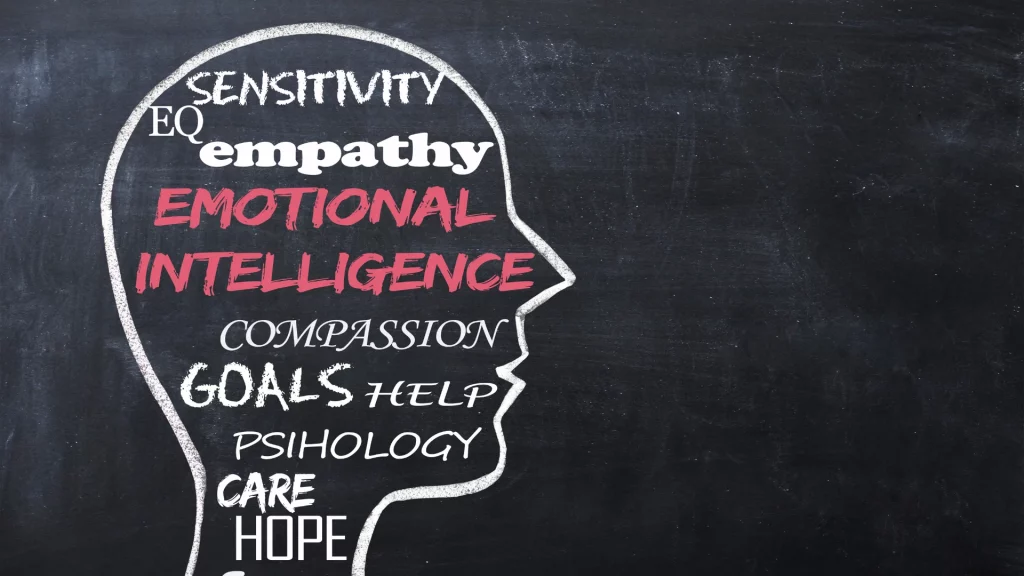
5· Effective Communication
Communication is the second most important quality in leadership. When a person is good at communication, he/she is also a good listener. Impact of effective communication can lead to a chance to be heard. Ultimatley, you can communicate with empathy, openly, and clearly. This also fosters a deep sense of trust among the team.

6· Resilience and Adaptability
The world is an ever-evolving ground and leaders must be adaptable and resilient. Organizations are prone to uncertainty and change, not every time things are in favor, and such situations, leaders should remain calm. Leaders should also stay optimistic, and determined, and be able to adapt to new changes.
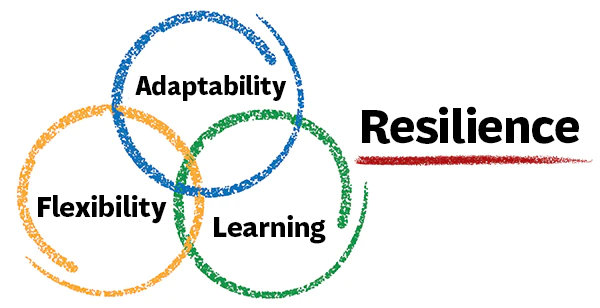
7· Risk-Taking and Courage
Leaders are never afraid to take up a challenge or risk. Leaders have the capacity and the ability to learn from failure, experiment more often, and use bold ideas. Innovation never comes with calculated risks, leaders therefore take the stand for their idea and implement it by all means.

8· Decisiveness
Pressure is the second biggest enemy of any leader and it is important for them to manage it bit by bit. Leaders have to make tough decisions even when they are under a lot of pressure. In such cases, it is necessary for leaders to take pride in their actions, consult with team members, and have weight in their opinion even when the results are uncertain.

9· Motivation and Inspiration
Leaders have to motivate and inspire others to unleash their full potential. They have to provide support and encouragement and set leveled standards to assist their team members in reaching their goals and missions.

10· Responsibility and Accountability
Leaders own their actions and decisions. They also hold themselves accountable for the outcomes. They are accountable and take complete responsibility for all failures and successes – leaders learn from their mistakes and come up with a bettered plan.
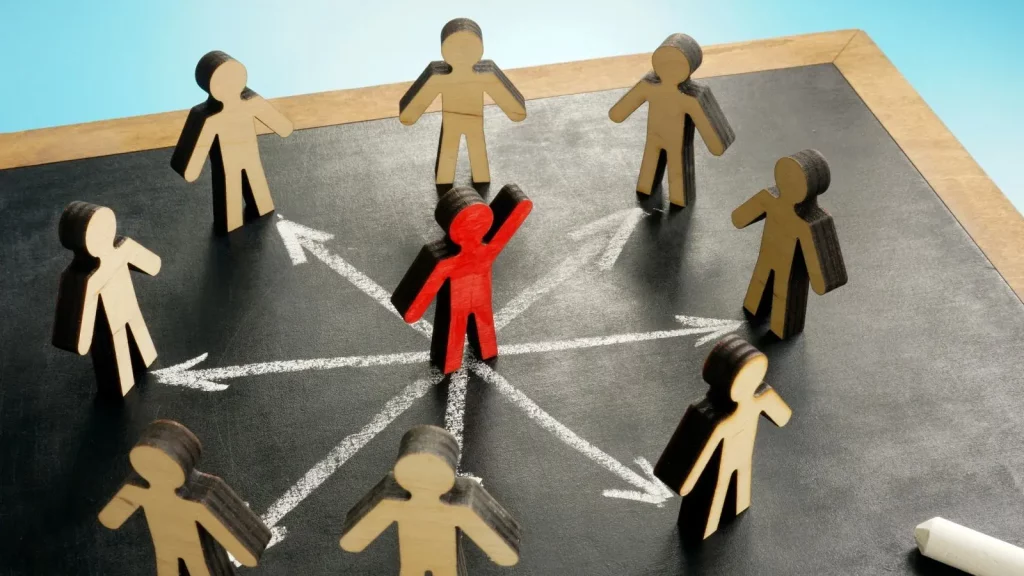
11· Continuous Growth and Learning
Learning never ends and a leader who wishes to strive will always appreciate personal and professional development. They pursue different trainings and opportunities to expand their level of knowledge and skills. This can be done by seeking feedback.

12· Team Building and Collaboration
A team can be built based on trust, respect, and culturing collaboration. A leader may have to jump into the work to understand issues faced by the team members and come up with a blueprint for resolution. Leaders must pay heed to inclusion and value diversity. This will allow leaders to identify the unique skills and strengths of each team member.

Also Read this:: Improving Leadership Skills with Effective Structured Communication
13· Servant Leadership
A leader is a servant to their team members. Such leaders work with the team tirelessly to ensure success and prioritize the needs and wants of the team members. A servant leader creates platforms of success, removes hurdles, and empowers the team for success.

14· Empowerment and Delegation
Effectiveness in leadership only matters when there is the importance of empowering team members to take responsibility and delegate. Leaders have to have trust in their team members – this will allow leaders to have time to focus on more important things.
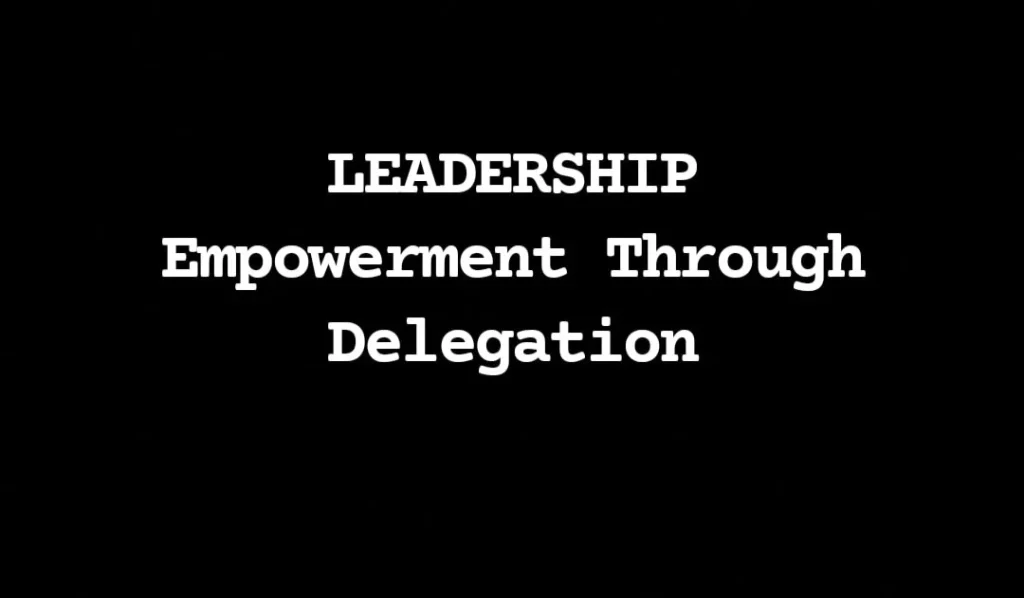
15· Problem-Solving Skills
It is common for leaders to come face to face with complex obstacles and challenges. This is why leaders have the ability to solve problems via the development of creative solutions, identify root causes, and analyze situations. This will enable them to achieve goals and overcome any hurdle.

16· Conflict Resolution
There is no such organization that has no conflicts. A leader should be skilled at providing resolution in a constructive manner. Leaders welcome open communication, create common grounds, and listen to everyone involved in a conflict.

17· Cultural Competence
The success of any organization depends on team members and in today’s era, it is important for leaders to create a culturally competent environment. This can be done by hiring people from different backgrounds. This will promote diversity and inclusivity – allowing team members to feel respected and valued.

18· Strategic Networking
Nurturing and building strong bonds with key stakeholders within and outside the organization is the second key to success for effective leadership. Networking can take any organization to the top. Networking can also drive collaboration, access resources, and gather support.

19· Coaching and Mentorship
The next generation of team members will require a lot of mentorship and coaching. Believe it or not, this can be the biggest challenge, and a leader with great patience can achieve this milestone. Leaders have to present themselves as coaches to support team members, get feedback, and provide guidance to succeed and grow in their roles.

20· Time Management
Time management may look like a small aspect of leadership but it plays a huge role. Leaders have a lot on their plate and they have to juggle between priorities and responsibilities. Excellent time management skills can dodge all these hurdles. Leaders have to be super productive, allocate their time considering top-priority tasks, and set realistic goals.

21· Innovative Thinking
Innovation is the success curve in today’s world. Leaders embracing innovation attract continuous growth, improvement, creativity, and experimentation. An innovative leader should think outside the box to unimaginable victories.
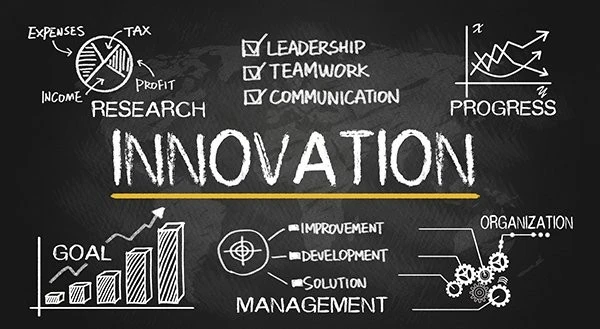
22· Self-Awareness
All leaders should be completely self-aware of themselves. This allows leaders to spot their biases, weaknesses, and strengths. This will open to varied opportunities and hail their leadership style.

Also Read:: Leadership Philosophy – A Comprehensive Guide
Conclusion
Leadership qualities always need a polish. It is a multifaceted path that encompasses skills and qualities. From effective communication to visionary thinking and from empathy to accountability, the greatest leaders guide, empower, and inspire their team members toward success. Not everyone can have these qualities but if some are practiced every day, organizations can achieve their set milestones within no time.
The working environment can change due to the ever-changing era and leaders must be resilient and adaptable towards new changes. This can be done by staying committed to promoting diversity and ensuring that all cultural values are respected. Leaders not only shape the lives of team members but also leave a forever-remembering legacy.
FAQs
Integrity builds credibility and trust and these two things are the foundation for constructing forever relationships which is important for any organization.
Great leaders handle failure by learning from them and making it an opportunity to regrow and rebuild themself.




